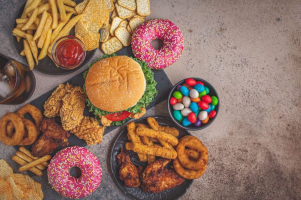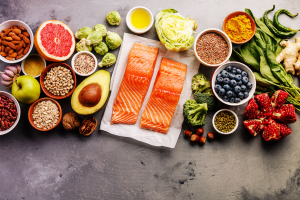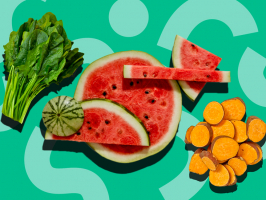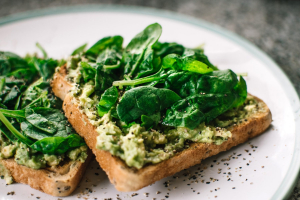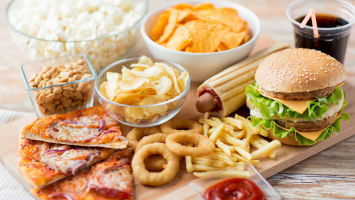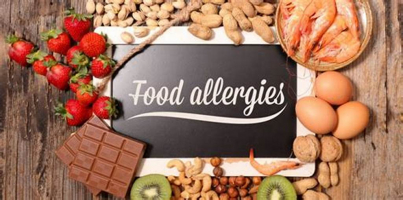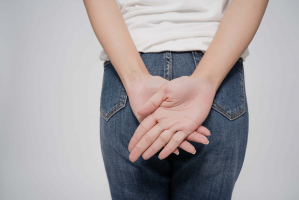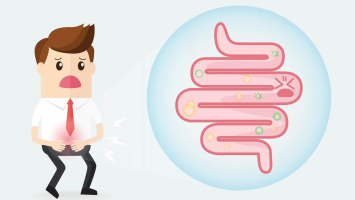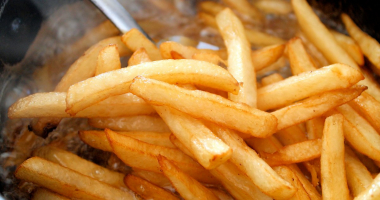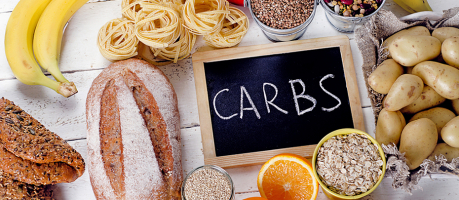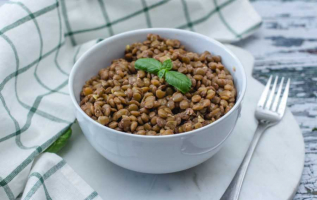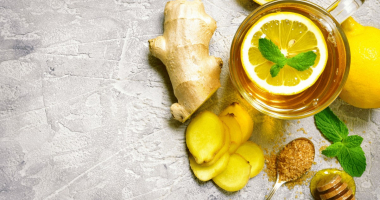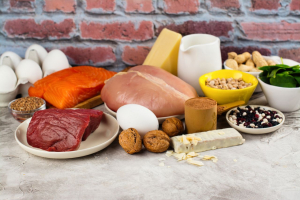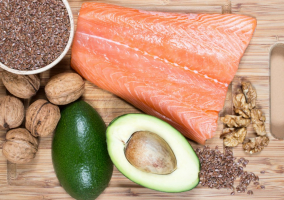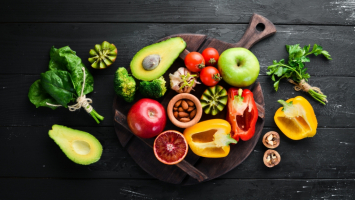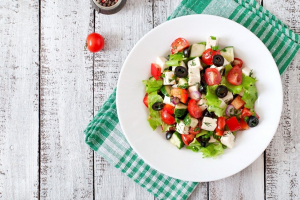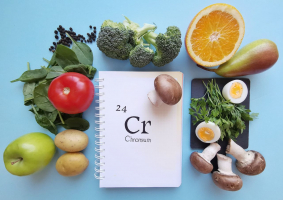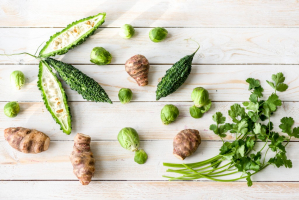Top 10 Foods That May Cause Heartburn
Heartburn is the most common symptom of gastroesophageal reflux disease (GERD). People frequently describe it as a sharp, burning pain that starts in the lower ... read more...chest and moves to the mouth. A mouthful sour taste is another symptom of heartburn that some people have reported. If you frequently get heartburn, you may have noticed that some foods might cause it or exacerbate it. Below are some foods that may cause heartburn you should stay away from!
-
Heartburn may be brought on by fatty foods, particularly greasy food like pizza and fries. High-fat foods may exacerbate heartburn by stimulating your body to produce chemicals that irritate your esophagus. Researchers are still learning about the ways in which fat may promote GERD symptoms.
These include the bile salts in your stomach as well as the hormone cholecystokinin (CCK), which can relax the LES and cause acid reflux. In one study of 85 GERD patients, it was discovered that more than half of those stated that fried, high-fat foods were to blame for their symptoms of GERD, such as heartburn. Additionally, the study found that after participants avoided trigger foods for two weeks, the proportion of people reporting heartburn dropped from 93% to 44%. It's crucial to note that although fried and greasy foods appear to have the greatest effects, experts are still working to determine which types of fat may increase GERD symptoms.
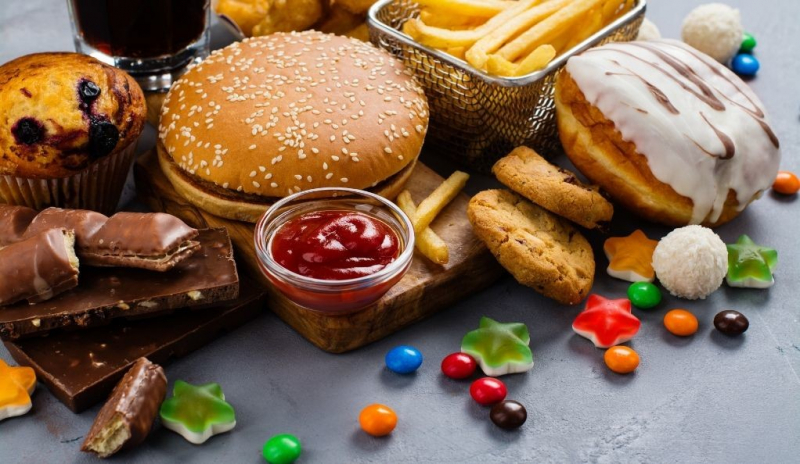
High fat foods 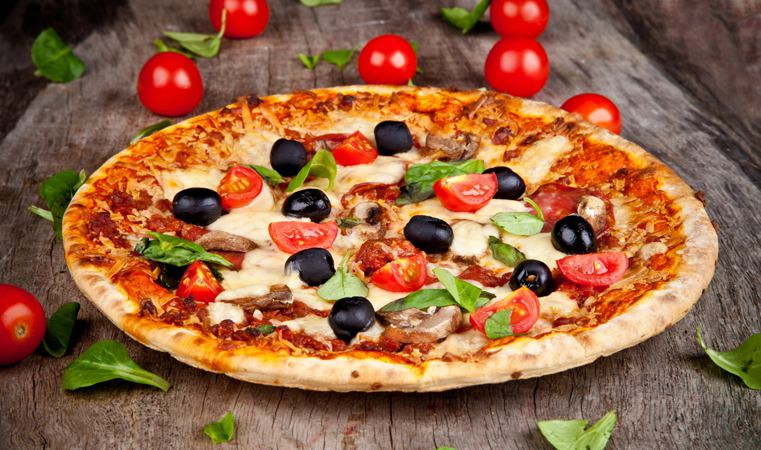
High fat foods -
Many people believe that mint species like peppermint and spearmint might relieve stomach issues. However, there is some proof that some mint varieties could contribute to heartburn.
According to studies, peppermint lowers LES pressure and may contribute to heartburn. Peppermint may soothe an upset stomach, but it can also make heartburn worse. The same peppermint side effect that helps soothe your stomach also relaxes the lower esophageal sphincter (LES), allowing stomach contents to leak up into your esophagus. Although mint may cause GERD symptoms, this only seems to be a problem for a small percentage of GERD sufferers. You might want to cut out mint products from your diet if you have heartburn after drinking them to see whether this relieves your symptoms.
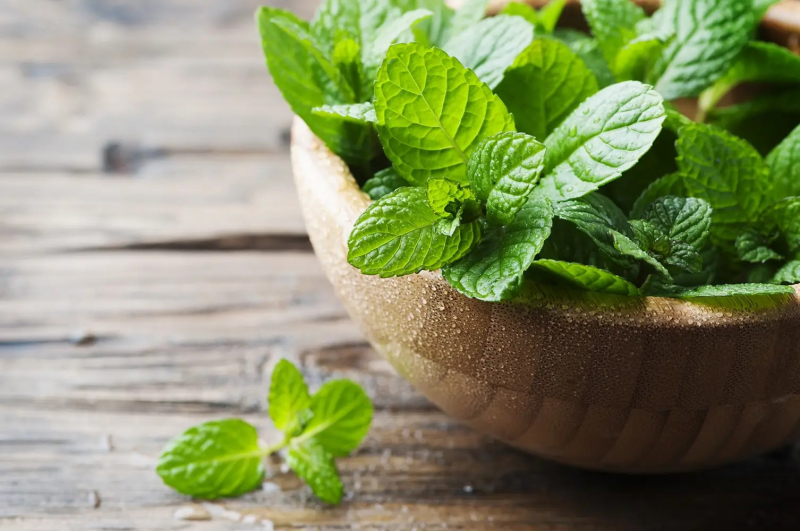
Mint 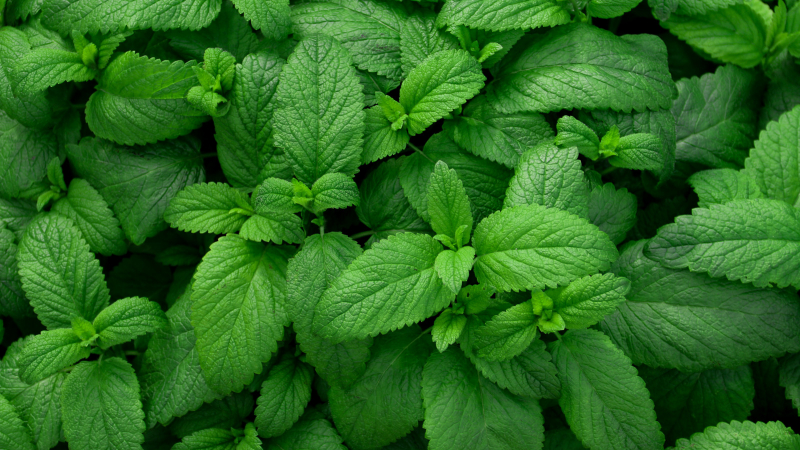
Mint -
Citrus juices may cause heartburn symptoms when consumed. Citrus fruits, including oranges, grapefruits, lemons, limes, and pineapples, are often shown to cause heartburn symptoms in many people.
Orange and grapefruit juices are frequently blamed for causing GERD symptoms including heartburn. This is especially true if you consume citrus fruits first thing in the morning. Citrus fruits are quite acidic, and having too much acid in your stomach can cause heartburn symptoms. Think of these foods as fueling the fire. Avoid citrus fruit juice if you want to prevent heartburn. Furthermore, tomatoes are a major cause of heartburn due to their high acid content. Not only do you consume tomatoes in salads and sandwiches, but you also consume tomato sauce on pizza and pasta.
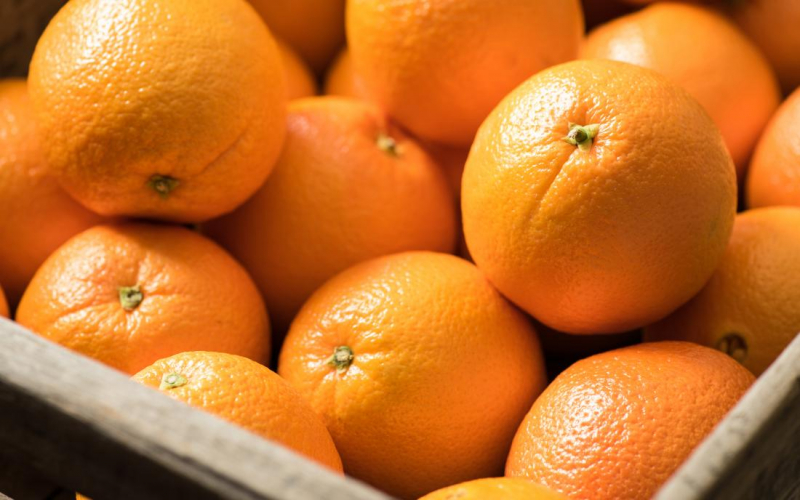
Citrus juices 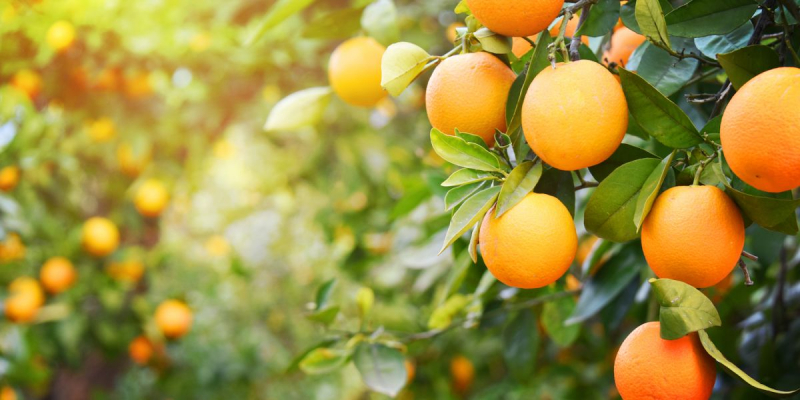
Citrus juices -
Another major cause of heartburn is chocolate. A small piece of chocolate might not cause heartburn, but a large piece of chocolate candy or a rich chocolate mousse for dessert might cause heartburn symptoms and make you regret your indulgence.
Cacao and caffeine, two components of chocolate, can relax the LES and increase esophageal exposure to acid. After eating chocolate, many people have heartburn symptoms, and studies have shown that chocolate can lower LES pressure. It's unclear, though, whether cutting out chocolate from the diet will lessen heartburn symptoms. If you believe that chocolate causes you to get heartburn, try to keep your consumption of it to special occasions and small amounts. And it's best to eliminate chocolate from your diet if you discover that it causes heartburn or makes your symptoms worsen.
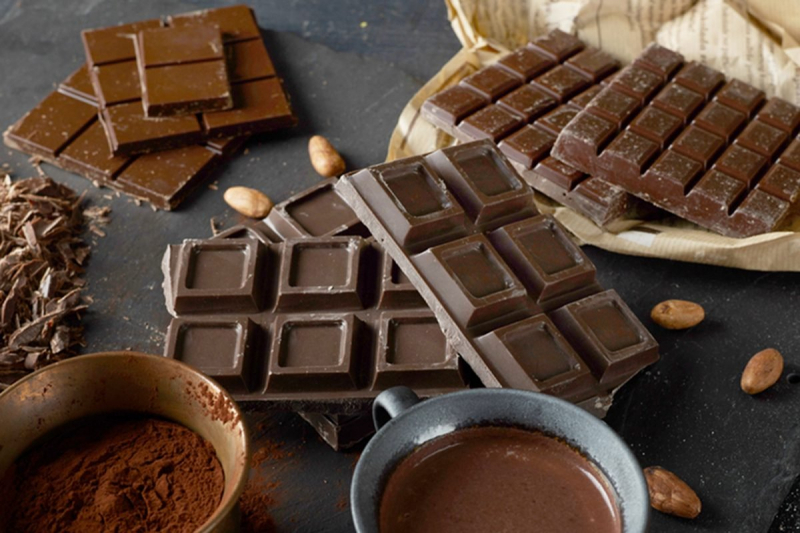
Chocolate 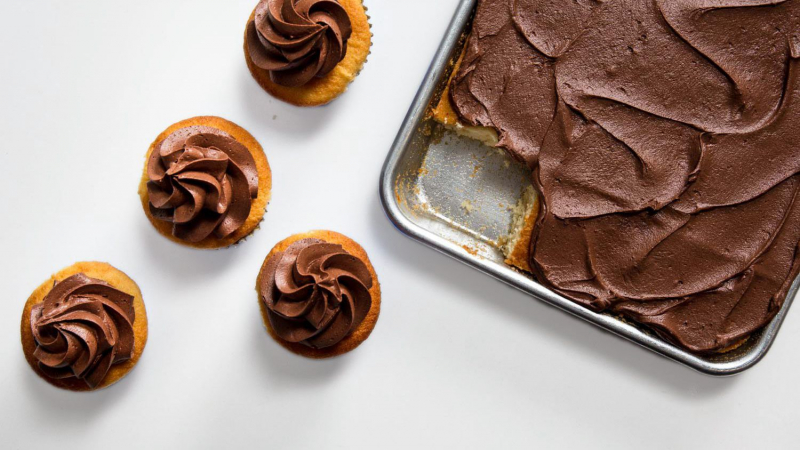
Chocolate -
Heartburn is frequently brought on by spicy foods. It is unknown, however, exactly how they cause heartburn. However, one study with GERD patients discovered that chili capsules boosted gastric accommodation, which is when the upper part of the stomach relaxes in response to consuming food.
According to research, those who have GERD typically have an enhanced gastric accommodation reflex. This is connected to increased LES relaxation, which may result in heartburn. According to the same study, when compared to a placebo, chili capsules caused participants with GERD to have more severe abdominal burning and heartburn symptoms. Another study with 4,633 Iranian adults discovered that men who consume more spicy foods have a higher chance of developing heartburn than women do. Additionally, eating spicy food may aggravate an already inflamed esophagus, which could make heartburn symptoms worse. Consider cutting out spicy foods from your diet if you suspect they're the source of your heartburn.
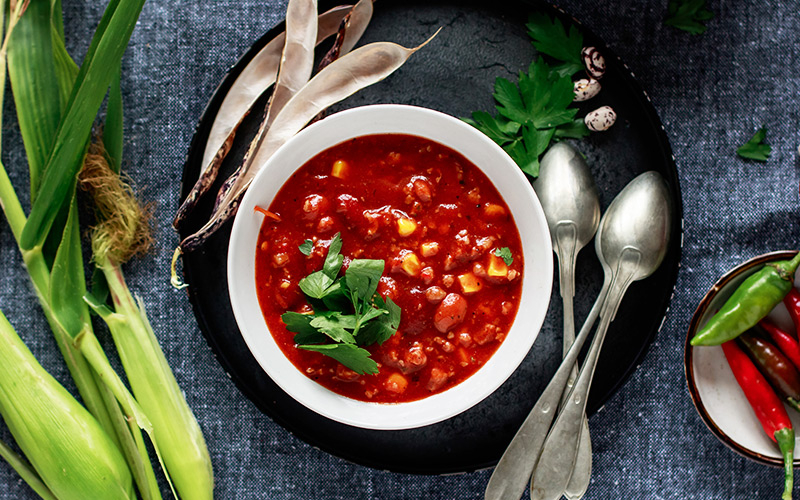
Spicy foods 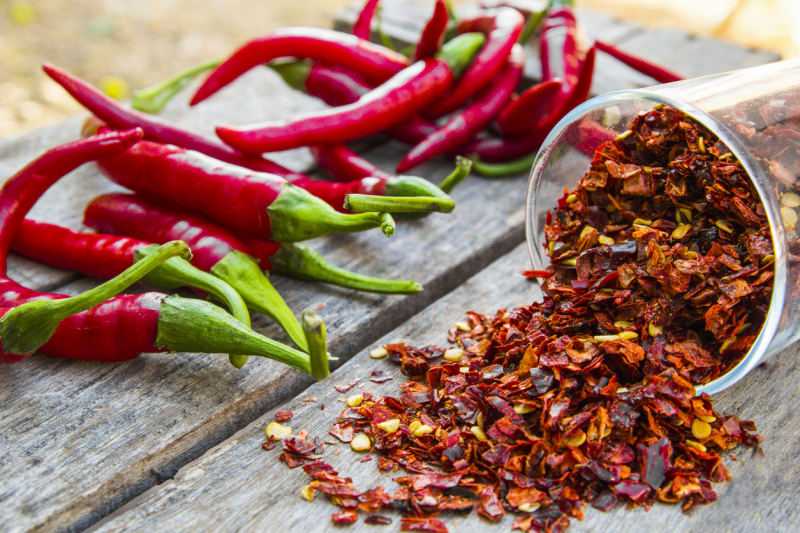
Spicy foods -
Heartburn is frequently brought on by onions, especially when they are raw. Onions, like the other foods on this list, often give GERD patients heartburn symptoms. Onions may exacerbate or cause heartburn, although it's not entirely known how.
In one 1990s study, people with heartburn consumed a plain hamburger on one day and an identical hamburger with onions on the following day. When compared to the no-onion burger, consuming the onion burger considerably aggravated heartburn symptoms. Future research is required to decide if onions should be avoided or consumed in moderation by all people who experience heartburn. Additionally, onions contain a lot of FODMAPs (fermentable oligosaccharides, disaccharides, monosaccharides, and polyols), a group of nondigestible carbohydrates that might upset some people's stomachs. People who are sensitive to FODMAPs may experience heartburn from them.
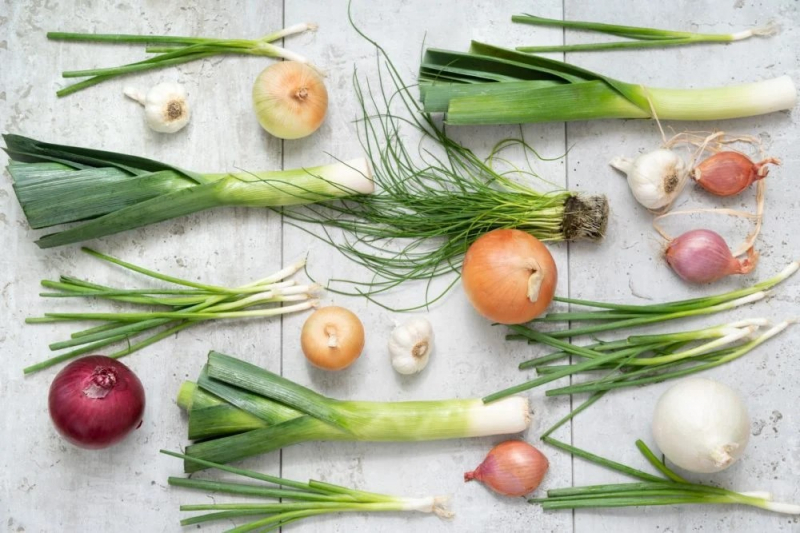
Onions 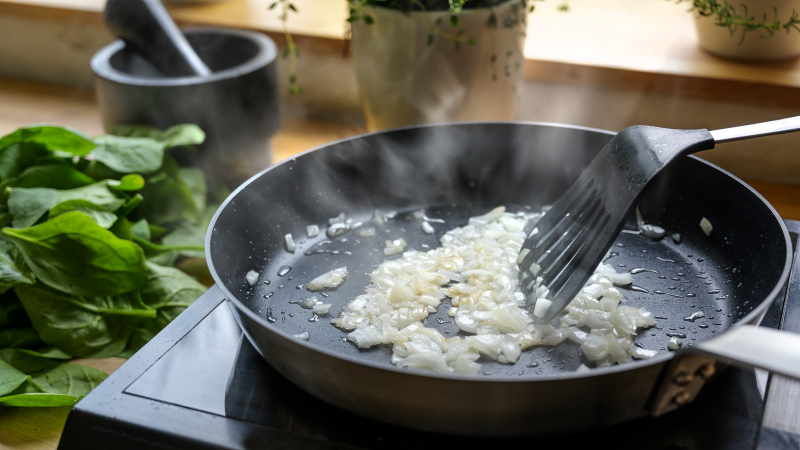
Onions -
Heartburn is a painful, burning sensation in the chest and upper throat. Alcohol can trigger or worsen heartburn in some people. Heavy to moderate alcohol use may make worsen GERD symptoms including heartburn. This is because drinking alcohol causes the LES to relax, which may cause stomach acid to leak into the esophagus and cause heartburn.
Alcohol use is also a risk factor for GERD, according to studies. One 2019 review found that people who drank more alcohol or drank alcohol more regularly had a greater likelihood of GERD. This does not mean that alcohol causes GERD, but it does suggest that there may be a link. Other research has shown that people who drank alcohol more frequently than five times or days a week were more than twice as likely to develop GERD than those who drank alcohol infrequently or not at all, according to a study of 29 studies.
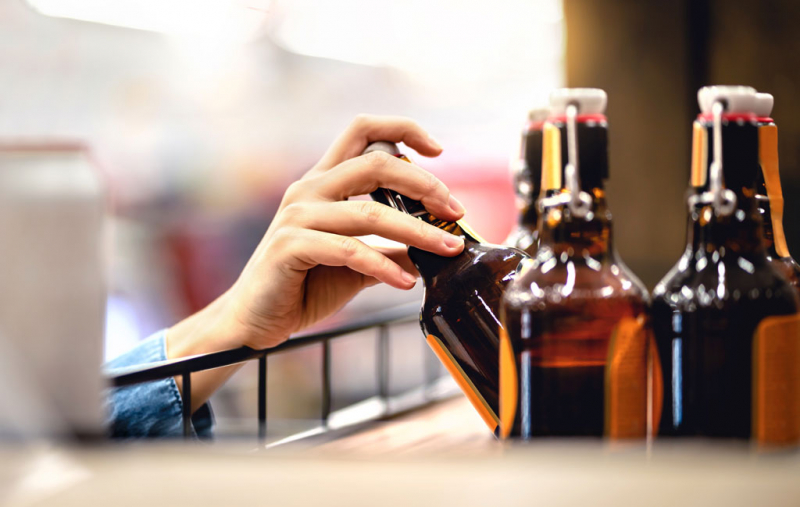
Alcohol 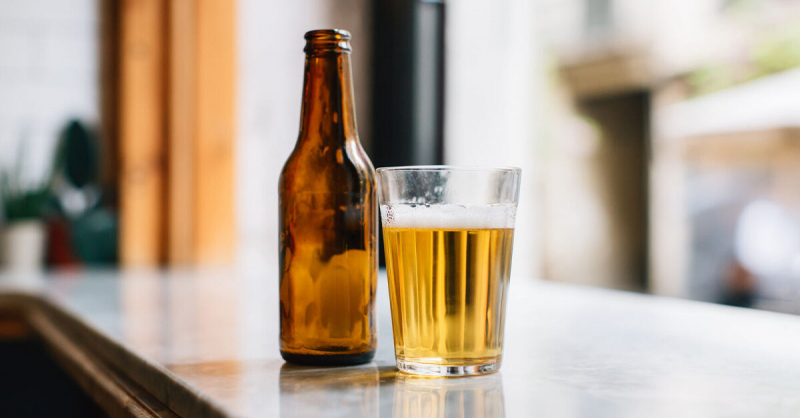
Alcohol -
If you're looking for coffee heartburn triggers, caffeine frequently appears on the list of things to stay away from. While there are many ways to avoid heartburn, you should limit caffeine if you've found that it's the cause of your reflux symptoms.
With coffee and other caffeinated drinks, some people may get heartburn. This is due to the fact that coffee has been found to relax the lower esophageal sphincter, increasing the possibility of acid reflux and heartburn. Additionally, coffee may increase the production of stomach acid, which could make heartburn worse. Although some people may experience heartburn after drinking coffee, not all studies have found a connection between the two. But caffeine is always best enjoyed in moderation. Even healthy adults should limit their caffeine intake.

Coffee and caffeinated beverages 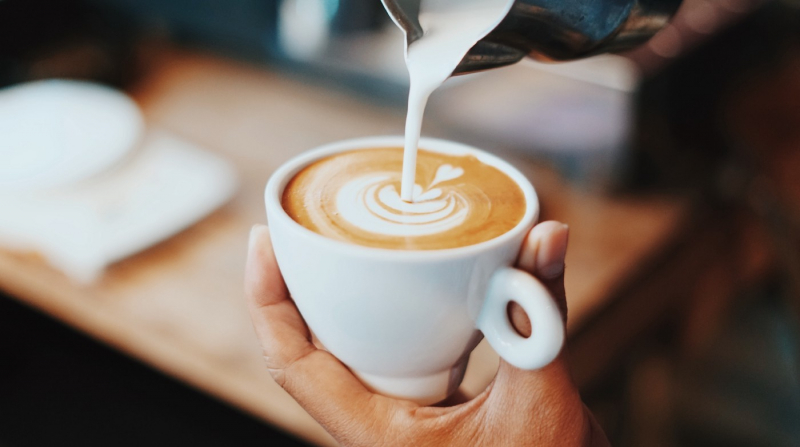
Coffee and caffeinated beverages -
After consuming sodas and other carbonated drinks, many people have heartburn. According to research, these beverages may relax the esophageal sphincter and make stomach acid more corrosive, both of which are risk factors for heartburn.
In fact, nocturnal heartburn, which happens at night, is thought to be significantly influenced by soft drink consumption. Soft drink consumption and increased GERD symptoms have been linked in some research. For instance, a previous study discovered that carbonated beverage consumers had a 69% increased risk of experiencing reflux symptoms including heartburn. It's recommended to reduce your intake or stop drinking carbonated beverages altogether if you get heartburn after drinking soda or other carbonated beverages.
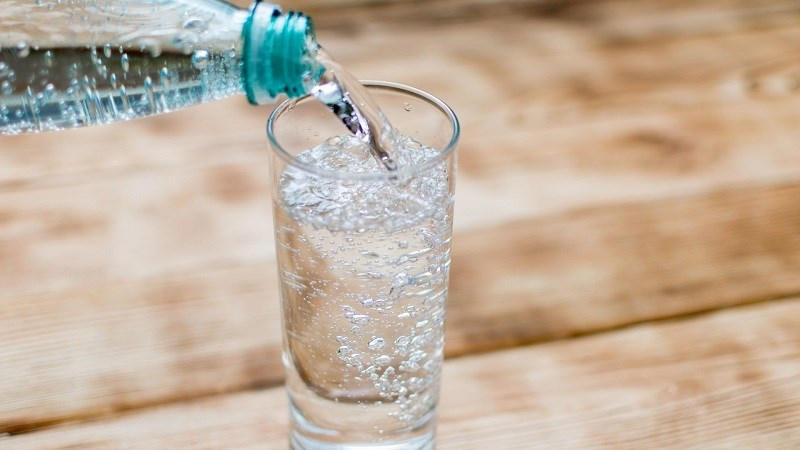
Sodas and carbonated beverages 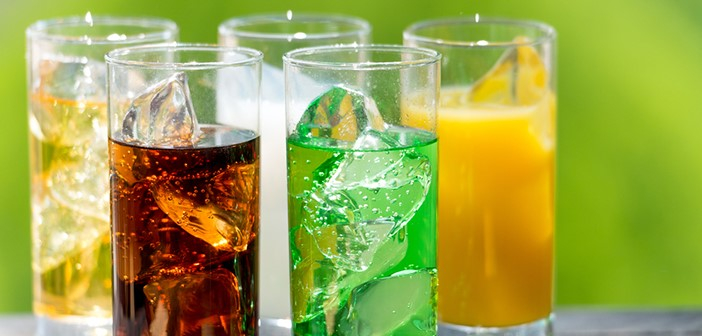
Sodas and carbonated beverages -
Because it's challenging to grind meat into chyme, it can be troublesome for people with reflux. Meat stays in the stomach longer than many other foods because it is so difficult to digest. Since the stomach will be expanded for a longer time, the lower esophageal sphincter (LES) will be under pressure for a longer time.
Participants who had veggie protein experienced less acid reflux an hour after the meal than those who consumed meat in a 2018 pilot study. According to the study, animal protein and saturated fats may have a negative impact on hormones and digestive acid, as well as cause the esophageal sphincter to constrict. When consuming fatty meat or meat that has been cooked in fat, people may have greater symptoms. However, they might be able to have lean meats in their diet, such as chicken and turkey.
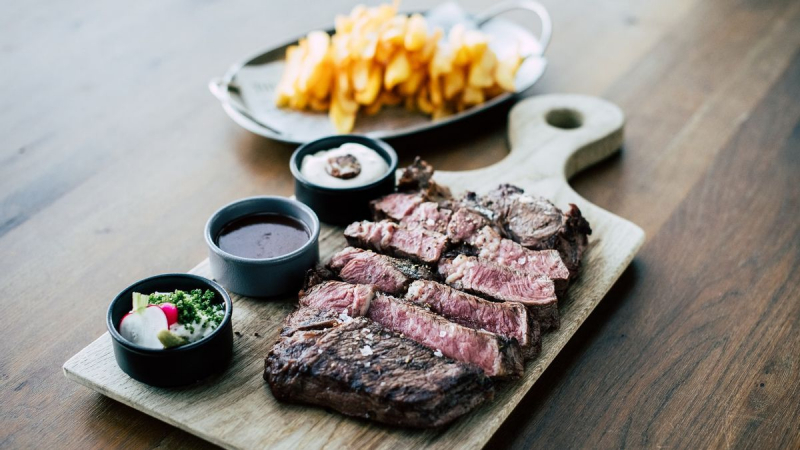
Meat 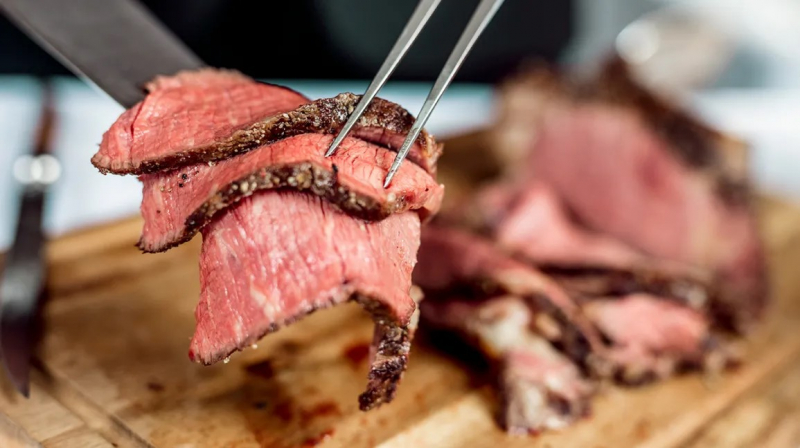
Meat












